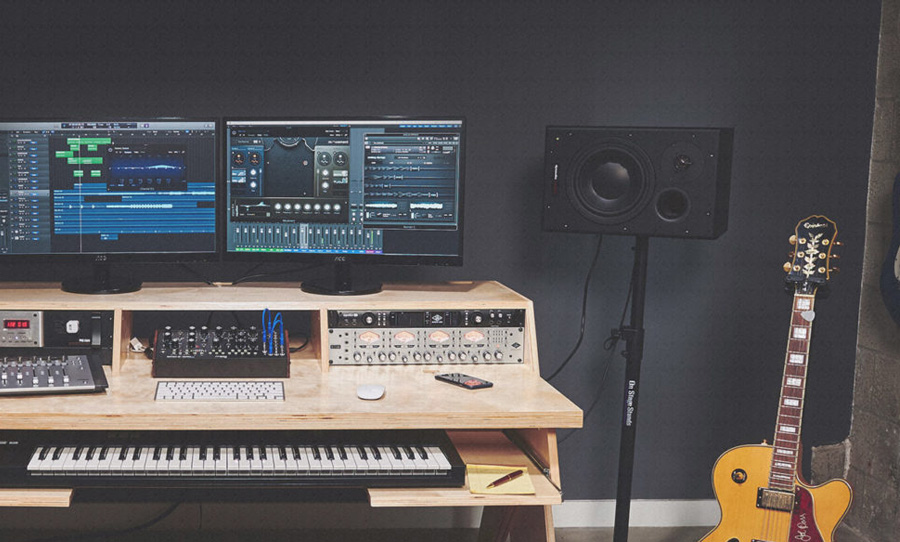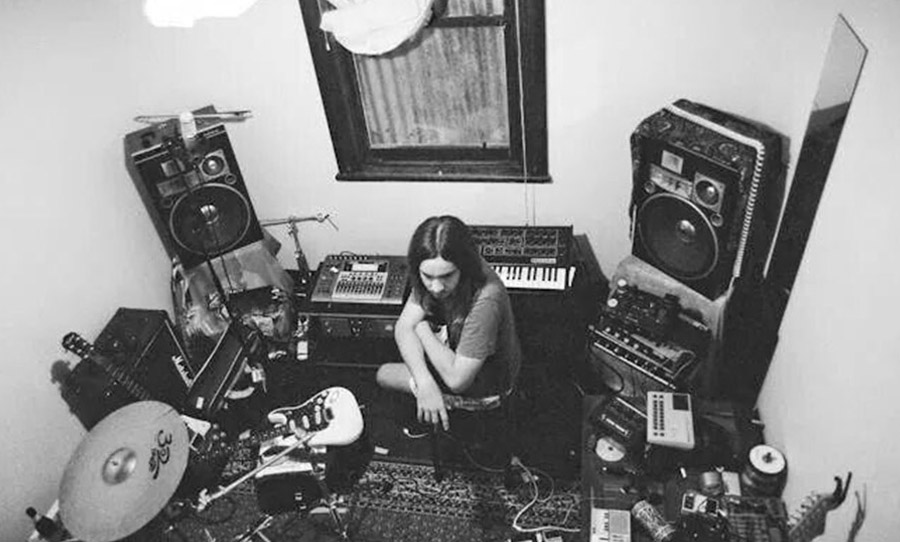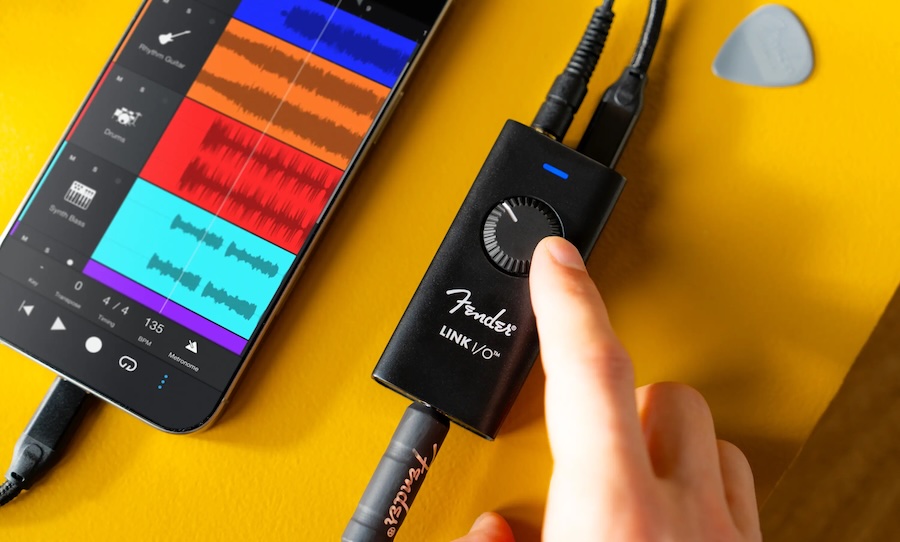Gone are the days where the only use for a demo was to ship off to record labels. Recording at home has a million uses, from honing your skills, to mapping out the trajectory of an LP, to opening doors of boundless sonic possibilities.
Recording demos is a crucial element of any musician’s career – budding or otherwise. From the throws of attempting to get the attention of producers and record labels, to mapping out the trajectory of an LP, recording demos is an absolutely vital tool on the path towards musical enlightenment.
Recording is unprecedentedly easy in 2016. Good recording software comes ready-loaded into computers, complete with a pool of resources for making music of any kind. For less than 100 dollars you can buy the bare essentials for making demo recordings within any sonic realm; and with a little prowess, they can actually sound pretty decent.
Aside from the hallmark value of demos as a way to lure music industry professionals into your web of projected musical prowess, they actually have a lot of different uses in the realm of recording.

A Creative Platform
Before you even start thinking of impressing major label fat cats, or that indie you’d give your left nut to be on, think about yourself. Demos are an excellent platform for seeds of creativity to be planted. Without the pressures of time constraints, a producer hovering over your shoulder barking orders, and money being vacuumed from your pockets each time you try a new guitar take, creativity blossoms.
Even with the most basic of recording gear, modern DAWs allow for a ridiculous amount of creative experimentation. It’s here that you can start developing a sound. Writing the skeleton of a song on a piano or guitar is necessary – it’s the starting point of musical creation – but when it comes to devising how the sonic idiosyncrasies of a track are going to reflect emotional expression in the recording phase, demoing is crucial. With practically unlimited time and creative freedom, this is the best place to start developing your sonic identity.
Tales of Unprecedented Sounds
The crude nature of recording a demo tends to lead to unprecedented sounds that just can’t quite be recreated in a professional recording studio. The perfect exemplar of this process is Keith Richards, who was constantly striving for a “garagey” feel to the Rolling Stones‘ records. Many of his famous riffs he recorded in crude demo fashion, only to end up using them in the final mix.
The opening riff to Street Fighting Man was in fact recorded on a Philips tape recorder. He loved the “blown out” sound of the tape recorder overloading – creating a kind of natural distortion – so much that he ended up using this sketch at the basis of the final recording: “I couldn’t use an electric guitar to record on it. The sound just overwhelmed the mike and speaker. I tried an acoustic guitar instead and got this dry, crisp guitar sound on the tape—the exact sound I had been looking for on the song.”
You can read all about the story here.
The same can be said for the immortal (I Can’t No) Satisfaction riff. Originally intended to be the sketch for a horn section, that unmistakable guitar tone is just Richards fiddling around with a Maestro FuzzTone (a very early fuzz pedal) which created this aggressive, trebly sound, much like a trumpet. Although Richards regarded this as purely a guide for future recording, in the end the band kept the original take.
Producer Notes
Aside from the creative value of demos, they have very practical uses when it comes to heading into a studio to record in earnest. They allow a producer the time to get their head around a song, its structure, its temperament, its emotional feel, and start to formulate ideas. Demos are the perfect lubrication for the recording process. Going in dry can have painful creative implications.
The more refined the demos are, the more the producer has to work with. It has nothing to do with creating polished, perfect recordings in the demo stage. In fact, more the opposite. It’s about getting as much of the heart of a track across the table from the outset as possible. If you want the drums in a recording to have a hip-hop feel, build your demos up using an 808 plugin.
If you want to delve into psych territory, mess around with different types of delays and modulation in your bedroom. If you want to create a stripped-back record, don’t over-embellish a demo with effects – keep it all about structure and the playing. Describing a sound or vibe that is in your head to a producer is a million times harder than giving him/her a good demo recording.
Extra Material
Can’t hurt to have a little extra material lying around. Who knows, maybe when you’re rich and famous one day, people will be clawing at you to hear some demos. You can always go back to a demo recording too, it could be gold and you don’t even know it.
Take Bon Iver for example. His seminal 2008 record For Emma, Forever Ago is almost entirely made up of creaky demos – new songs that were recorded in his father’s cabin while he recovered from a nasty bout of illness.
He had every intention of re-recording them in a ‘real’ studio, until a friend convinced him otherwise: “I brought it down to Ivan from The Rosebuds, and he was like, ‘Dude, these aren’t demos. This is your record.’ I never had an opportunity to give it my own spin. People were spinning it already. In a lot of ways, I’m still in spin mode. Whatever it is people say the record is, I believe them.”
Working On Your Skills
While being a producer or an audio engineer may not be your forte, knowing your way around a studio workflow will have infinite benefits when it comes to making a record. Being able to communicate with a producer in some kind of coherent way will make both of your lives much, much easier. Having at least a basic knowledge of gear, techniques, instruments, songwriting and the recording process will make working in a studio end up being more like playing in a candy land than tip-toeing through a museum.
Wooing Labels
In most cases, unless you’re Dave Grohl or something, you’re not going to get anywhere with record labels without some material to show them. A quick search on the internet yields a million results for ‘guides to recording demos’, but most of them are pretty useless. There’s just one golden rule to remember: demos don’t have to be polished or flawless, they just need to reflect just how much potential a song has; and if there’s something there, this should be enough.



